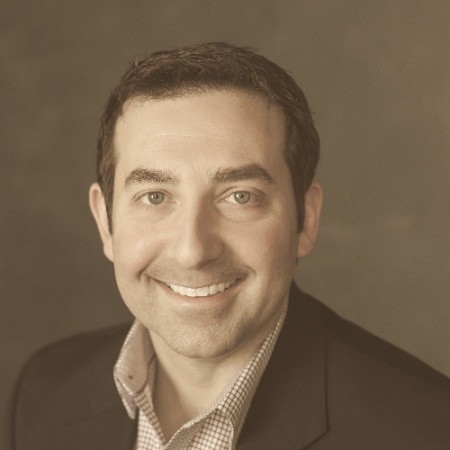
Mr. Rondoni has over 15 years of experience in the development of implantable medical devices. Prior to joining Inspire Medical Systems he worked on central and peripheral neuromodulation therapies at Medtronic, holding technical, project, and therapy leadership positions. At Medtronic, he was the systems engineer responsible for the development and commercial launch of the InterStim II platform. At Inspire, he has served in product, clinical, and business development roles. Mr. Rondoni is an inventor of over 50 US patents; he holds a B.S. and M.Eng. from the Massachusetts Institute of Technology.
Will the future of healthcare be most significantly defined by reigning in costs or accelerating outcomes?
A tough question to start! I believe that accelerating outcomes will provide a path to improving patients’ lives as well as reducing unnecessary or ineffective interventions. By engaging patients with a great experience inside and outside of the clinic, there is an opportunity to magnify the impact of our healthcare system by applying the tools we know work more consistently.
Innovation has an important role to play in addressing both of these goals. Advancements like the application of machine learning to image are poised to both improve outcomes and reduce costs by better detection of abnormalities as well as making the best diagnostics tools more widely available.
What’s the biggest “blind spot” in healthcare today?
In my experience, the patient experience is too often a missed opportunity. What excites me most about the future of healthcare is the opportunity to build great consumer experiences that deepen engagement and ultimately improve compliance. No one likes to feel like a patient. On the other hand, consumer products are designed to have a great user experience and healthcare should do the same! Imagine if patients had strong positive feedback for doing the right thing for their health every day and helpful reminders and tools to help them get on track whenever or wherever needed.
Why is a presence in Minnesota, known as the Medical Alley, critical to your company?
Experience and expertise are the foundation of innovation; in Minnesota, we are blessed with both. It is amazing to see the diversity of firms innovating in healthcare, technology, and manufacturing across the state. This deep and varied talent pool make the Medical Alley an ideal place to grow a company and find new ideas across industries.
What technologies are medical device firms not leveraging today?
Mobile devices. Medical firms are naturally followers when it comes to new technologies, but the mobile device provides the opportunity for much more than merely connecting medical devices. The healthcare industry can use this tool to shift from a traditional patient to a true consumer experience, to engage patients wherever they are, and to maximize the impact of each intervention.
There is a lot of great innovation going on Minnesota to realize the potential of our mobile devices in healthcare, but more is needed to fully engage the consumer in their own care.
Data analytics are a topic of constant discussion in the device industry. What impact do you see data analytics having now or in the future, if any?
Data analytics and big data will certainly be an important driver of healthcare decisions making at all levels. Insurers already have a strong focus on evidence. Hospitals will continue to deploy decision support systems to improve care. Imaging analysis systems built with machine learning techniques — for things like ultrasound, CT, and mammograms — are allowing any clinician to gain the same insight into a patient’s condition as experts.
However, what currently excites me about big data is the opportunity it presents to build dynamic real-time experiences to engage patients on a daily basis through the application of artificial intelligence techniques. Imagine a system that learns you most often forget to take your medicine on Saturday mornings and provides the right reminders at the right time to keep you on track!
What is the one thing, other than time or money, you wish you had more of?
Engineers! Even in Minnesota, finding talented engineers to help manufacture and design our products is always a challenge. Beyond that, individuals with technical insights are well-positioned to imagine, finance, and apply the technology-based healthcare solutions of the future.
